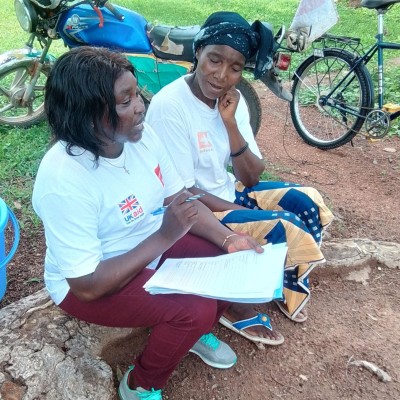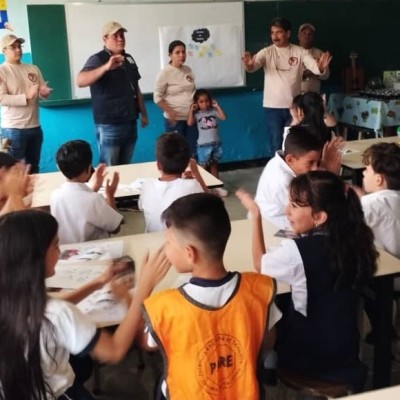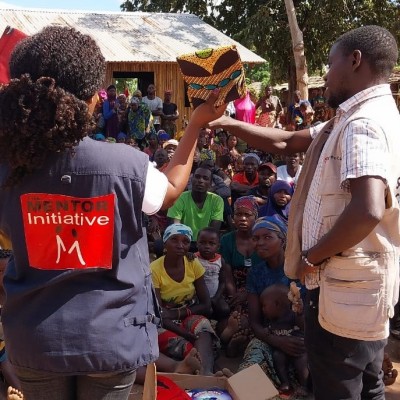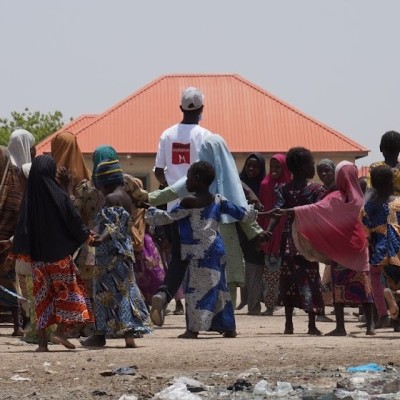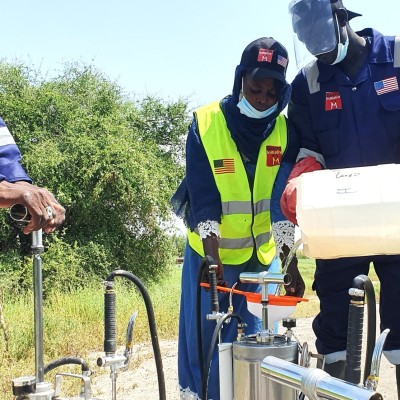Access to high quality healthcare is critical to reduce deaths from tropical diseases and improve health in humanitarian and post-crisis contexts. MENTOR’s work in this area focuses on three key areas:
Community health workers live in the communities they serve and provide healthcare, health education, and disease prevention and control interventions. Community health workers are a reliable and trusted member of their community, connecting healthcare facilities with the people they serve. This improves access to healthcare services and promotes health-seeking behaviours.
MENTOR works closely with local community members and health authorities, to train, equip and support community health workers within their communities.
The training and supervision of health workers is essential to maintain a strong healthcare workforce. MENTOR’s capacity-building initiatives and training programmes equip healthcare professionals and community health workers with the knowledge and skills needed to deliver quality care.
Community health workers and health facility workers are kept updated on best practices, emerging trends and disease control strategies through training and on the job supervision. This continuous support enhances the quality of care delivered to people and communities. It also monitors the performance of health workers and directs supervision efforts where they are needed most.
Access to medical supplies is critical for effective healthcare. MENTOR works with partners and health authorities to ensure the availability and distribution of essential medical supplies, including diagnostics, medicines and equipment.
By addressing supply chain challenges and strengthening local health systems, we increase the capacity of healthcare facilities and community health workers to provide timely and appropriate care. This includes remote and poorly serviced areas often disproportionately affected by crises and emergencies.

